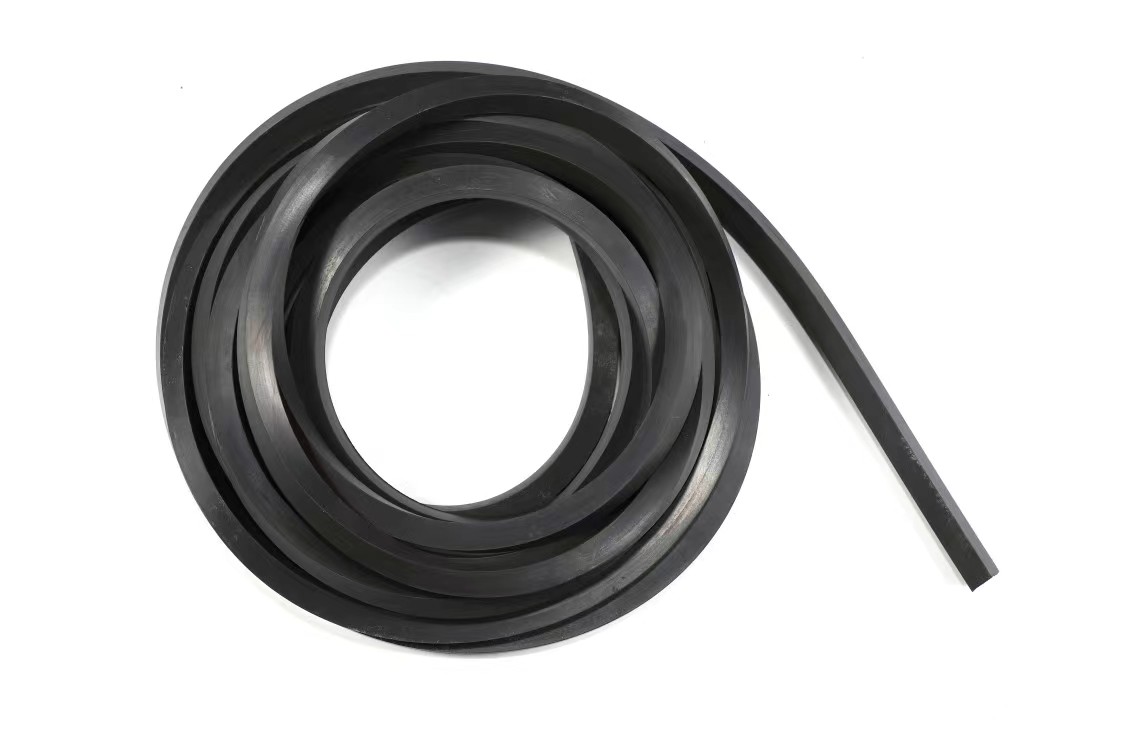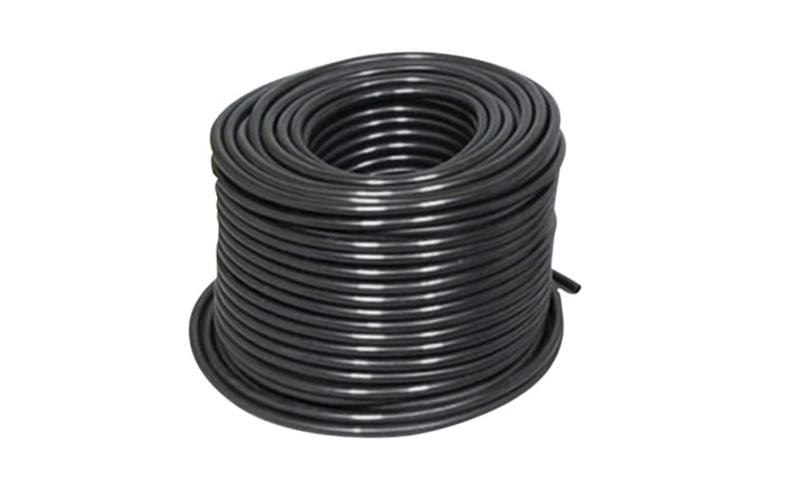Our FKM rubber products are widely used in industries of oil and gas, shipping (especially oil tank), power (coal-fire power station and nuclear station), chemical engineering, etc., whereby risks of corrosion and high temperature are major concerns.
Yodarubber is proud of its leading role in FKM market, and the brand is highly recognized by our clients.
Our FKM rubber products are widely used in industries of oil and gas, shipping (especially oil tank), power (coal-fire power station and nuclear station), chemical engineering, etc., whereby risks of corrosion and high temperature are major concerns.
Yodarubber is proud of its leading role in FKM market, and the brand is highly recognized by our clients.
Our R&D on FKM
Rubber compound is the forage of rubber processing and manufacturing. It is believed that the skill of rubber compounding is half science and half art, given the complication of the formulation and its heavy reliance on calculation, analysis, as well as accumulation of experience.
YodaRubber has obtained several know-how on FKM compound.
Our Viton/FKM Product
More About FKM
FKM (by ASTM D1418 standard) (equivalent to FPM by ISO/DIN 1629 standard) is the designation for about 80% of fluoroelastomers as defined in ASTM D1418. Other fluorinated elastomers are perfluoro-elastomers (FFKM) and tetrafluoro ethylene/propylene rubbers (FEPM).
Well known compounds include DuPontTM Viton®, Tecnoflon® from Solvay Solexis, and DyneonTM from Dyneon, a 3M company.
Fluoroelastomers are more expensive than neoprene or nitrile rubber elastomers. However, they have excellent physical and chemical performance, which makes it increasing popular in wide applications with demanding requirements or in harsh environment.
Fluorocarbon rubber has excellent resistance to high temperatures, ozone, oxygen, mineral oil, synthetic hydraulic fluids, fuels, aromatics and many organic solvents and chemicals. It has higher resistance to swell in high octane and oxygenated fuel blends.
Low temperature resistance is normally not favorable and for static applications is limited, although in certain situations it is suitable down to -40°F (-40°C). Gas permeability is very low and similar to that of butyl rubber. Special fluorocarbon compounds exhibit an improved resistance to acids, fuels, water and steam.



